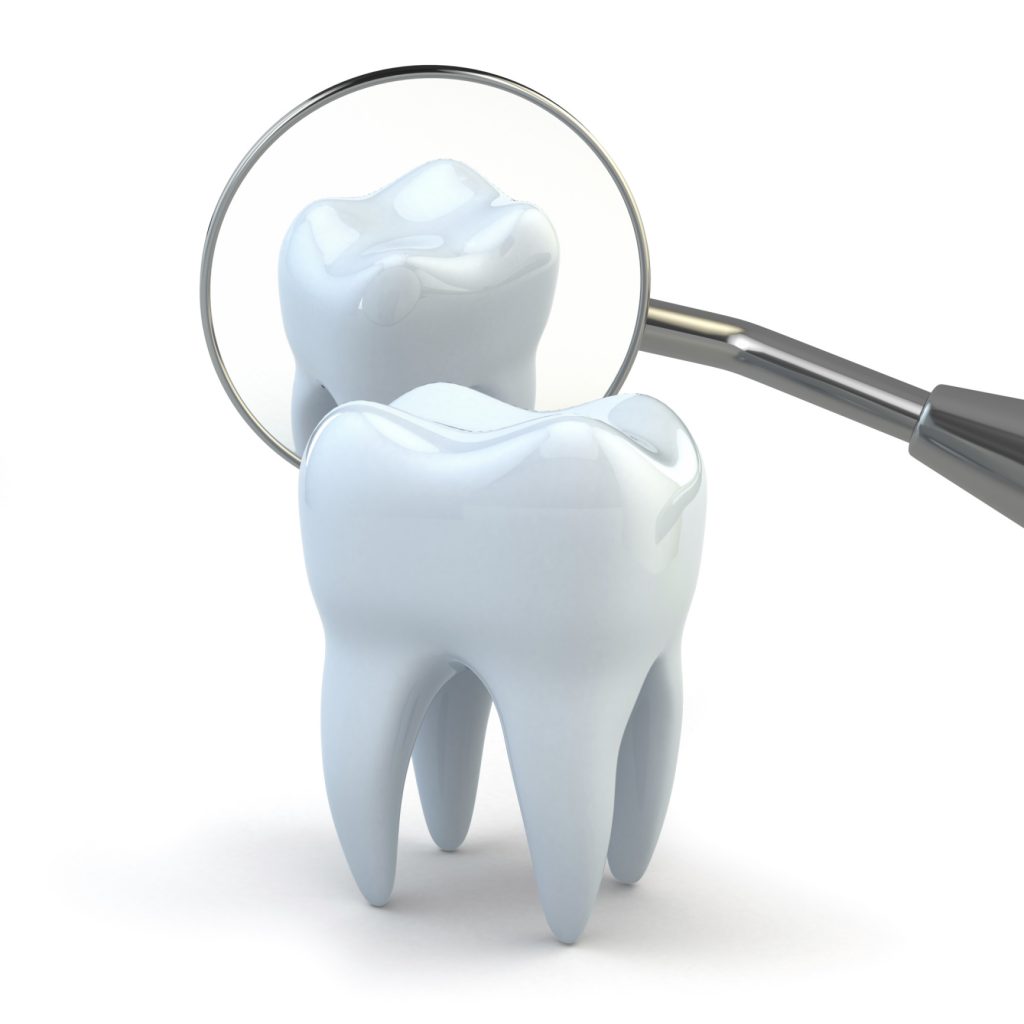
We all love to drink it. It goes hand in hand with our favorite burgers and fries. We even use it to consume adult beverages. We all know sugar in general isn’t all that good for us, but have you ever heard that is was so bad it could dissolve your teeth entirely?
In the fall of 1950, Cornell University professor Clive McCay was on a mission to alert Americans to the cavity-causing power of Coca-Cola. Speaking in front of the Congressional committee, he claimed Coke could eat through the steps of the Capitol building, and that a tooth placed in a glass of Coca-Cola would dissolve within several days.
Soda’s supposed dissolving powers can be traced to the presence of three acids in its formula—phosphoric, citric, and carbonic acid, many of which can be found in other popular drinks. Coca-Cola’s head chemist, Orville May, testified that the .055 percent level of phosphoric acid in Coke is nowhere near the 1.09 percent acid content found in an orange.
As for the tooth-dissolving myth, May also suggested that McCay’s testimony ignored the effects of saliva in the mouth—or the simple fact that people don’t hold soda in their mouth overnight. In any case, attempts to recreate this experiment have shown that McCay exaggerated the claim: Leaving your tooth in a glass of Coke isn’t good for it, but it won’t completely dissolve overnight, or even in a couple of days.
Recent studies have found sports and energy drinks can be more acidic and cause more erosion to tooth enamel than soda itself, and it doesn’t help they’re typically consumed when an individual is dehydrated, which weakens saliva’s protective properties for the enamel.
If you would like to find out more about the effects of Cola on your teeth, Dr. Gamarnik at 714-842-5626 to schedule a consultation or visit www.hbadvanceddentalspecialists.com for additional information.
Dr. Gamarnik proudly serves Huntington Beach and all surrounding areas.

